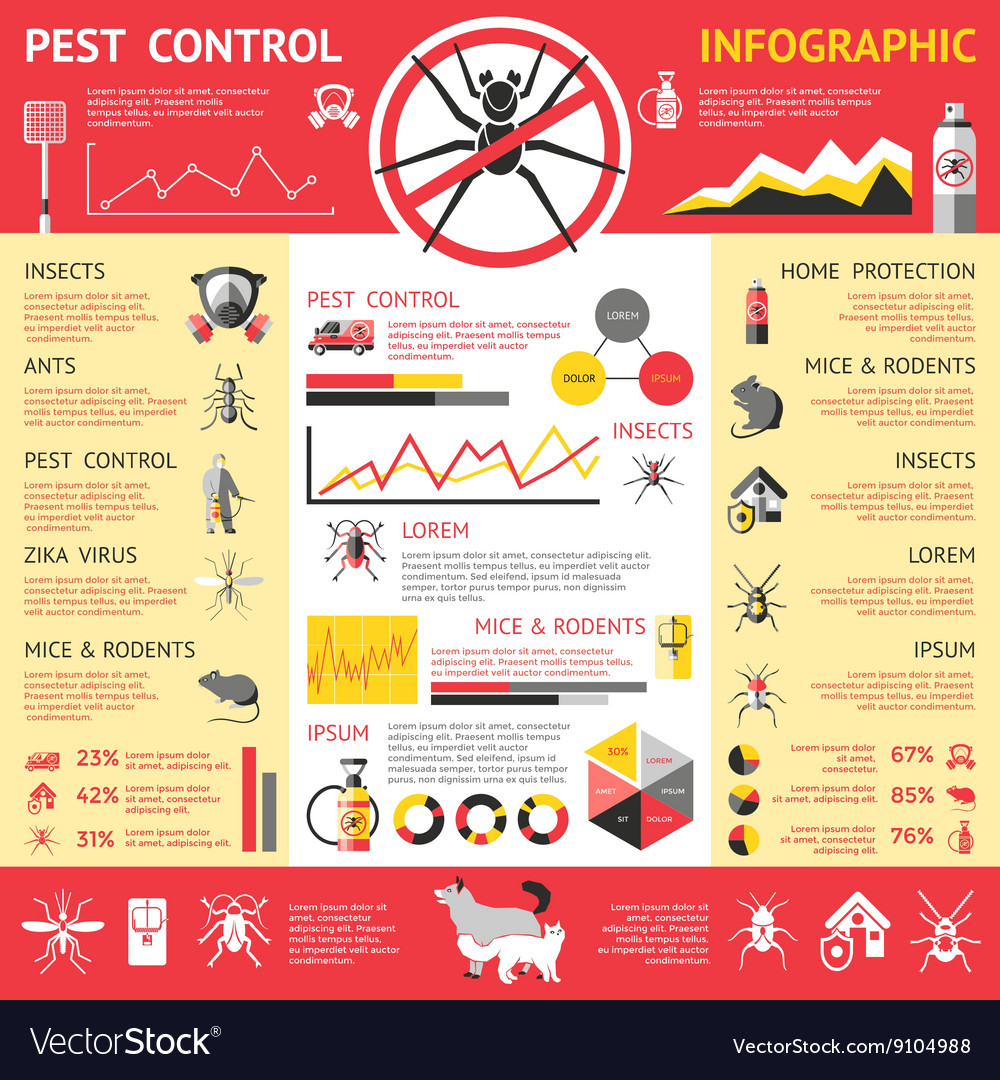Tips For Maintaining Outside Parasites Far From Your Yard
Tips For Maintaining Outside Parasites Far From Your Yard
Blog Article
Produced By-Frandsen Fyhn
Picture your garden as a shelter, a location of peace and appeal. Nevertheless, the presence of outdoor pests can rapidly interrupt this picturesque picture. What if there were straightforward yet reliable means to keep these undesirable visitors away and secure your yard sanctuary? By following a couple of functional pointers and applying all-natural approaches, you can develop an unified outdoor area where your plants can grow undisturbed.
Natural Insect Deterrents
To maintain insects away from your yard normally, plant aromatic herbs like mint and lavender. These great smelling plants not just add appeal to your garden yet also work as efficient bug deterrents. Bugs like insects, flies, and also some garden-damaging pests are driven away by the strong scents emitted by these herbs. Just putting them tactically around your garden can aid develop a natural obstacle versus undesirable insects.
In addition to mint and lavender, consider planting other herbs like rosemary, basil, and lemongrass to even more boost your yard's pest-proofing capabilities. These natural herbs not just act as all-natural repellents but additionally have the added benefit of serving in cooking or crafting home made remedies.
Strategic Plant Positioning
Think about the design of your yard and the types of plants you need to tactically put them for optimum pest-proofing performance.
Beginning by organizing plants with similar resistance to insects with each other. By doing this, you can produce a natural obstacle that hinders insects from spreading throughout your garden.
Additionally, placing pest-repelling plants like marigolds, lavender, or mint near more vulnerable plants can assist safeguard them. High plants, such as sunflowers or corn, can function as a shield for shorter plants against parasites like rabbits or ground-dwelling bugs.
Keep in mind to leave enough area between plants to enhance air flow and minimize the danger of diseases that pests could bring.
Moreover, take into consideration growing strong-smelling herbs like rosemary or basil near at risk plants to confuse parasites' senses and make it harder for them to find their targets.
Efficient Insect Control Approaches
For combating garden parasites successfully, applying a multi-faceted pest control strategy is important. Beginning by encouraging home sealing for pest control near me like birds, ladybugs, and hoping mantises to help keep bug populaces in check. Introducing plants that attract these beneficial insects can aid in bug control. Additionally, practicing see this page by getting rid of debris and weeds where insects may hide can make your garden much less congenial to unwanted visitors.
Consider making use of physical obstacles such as row cover fabrics or netting to secure at risk plants from parasites like caterpillars and birds. Applying organic pesticides like neem oil or insecticidal soap can additionally be effective versus specific pests while being less hazardous to helpful pests and the atmosphere. https://howtoremovethesmellfromdr37261.blogoxo.com/32126310/discover-the-undetected-intruders-besides-bed-insects-lurking-in-your-home-posturing-a-danger-to-your-living-area-in-shocking-methods-keep-on-your-own-enlightened-to-protect-your-safe-haven to rotate your crops each season to prevent the buildup of insect populations that target particular plants.
On a regular basis inspect your plants for indications of insect damage so you can do something about it without delay. By incorporating these approaches and remaining cautious, you can effectively regulate yard insects and appreciate a thriving, pest-free garden.
Final thought
So, there you have it - with the appropriate methods, you can maintain pesky outdoor insects away from your yard and aid your plants flourish.
Did you understand that planting mint has been shown to ward off mosquitoes and other insects, lowering the demand for unsafe pesticides by as much as 60%?
By incorporating natural deterrents and clever planting strategies, you can create a beautiful and pest-resistant yard oasis for you to take pleasure in.
